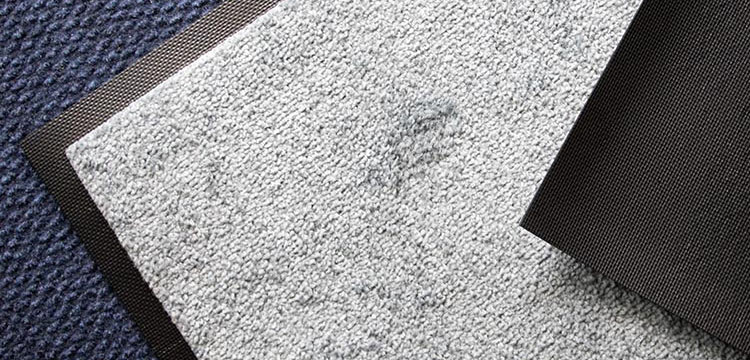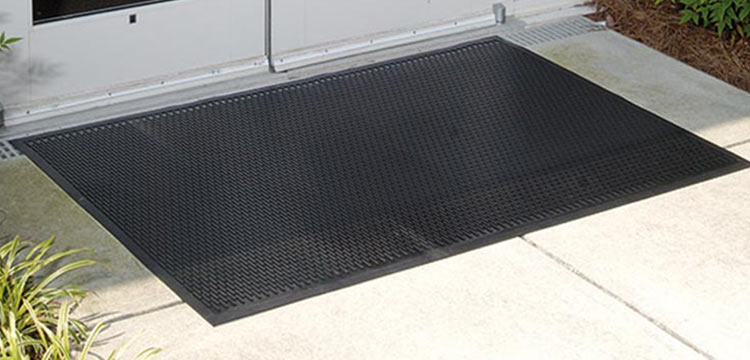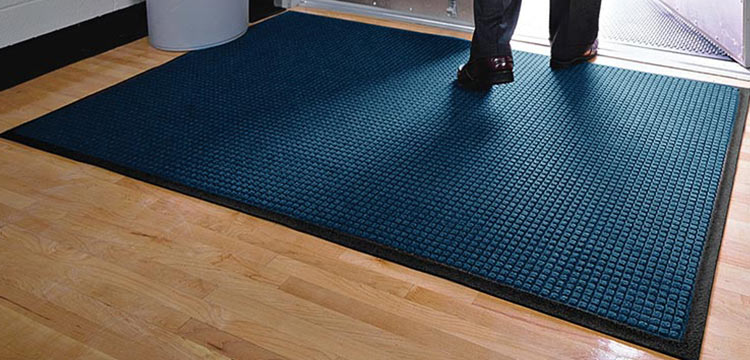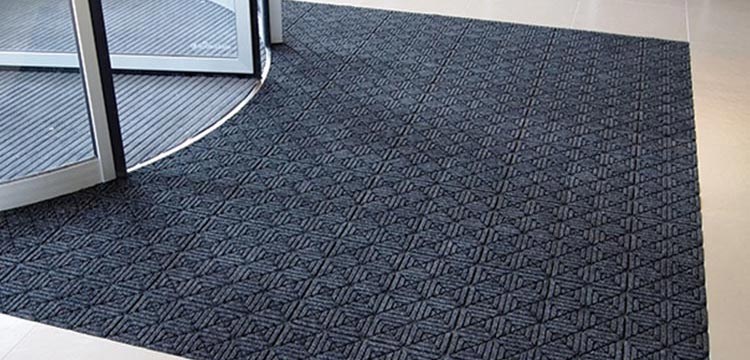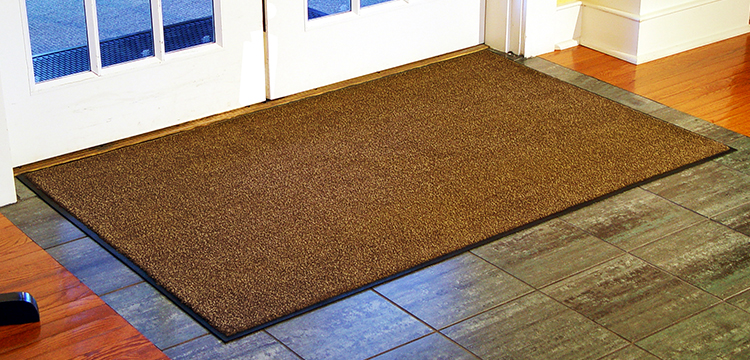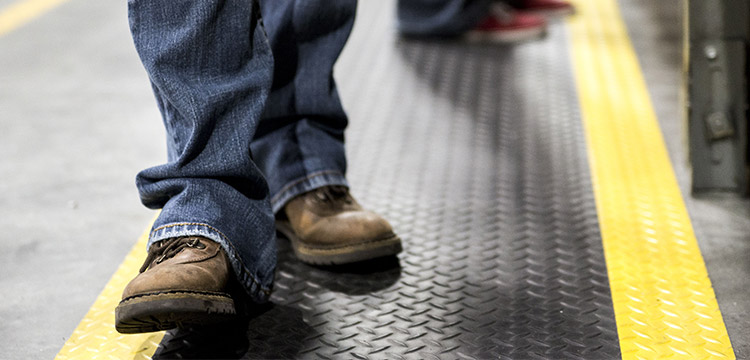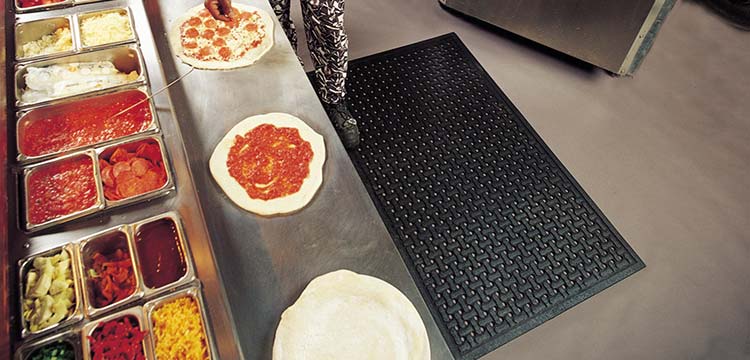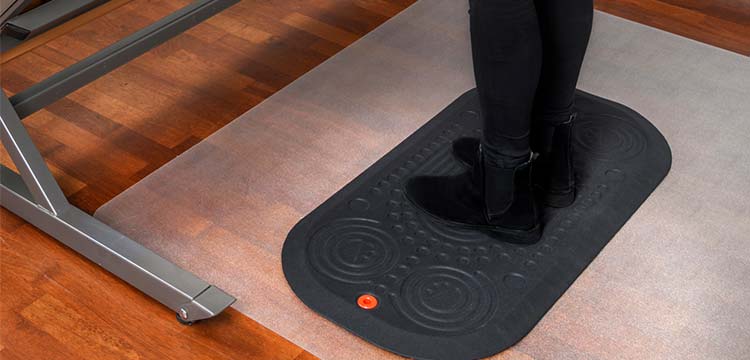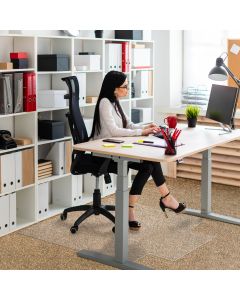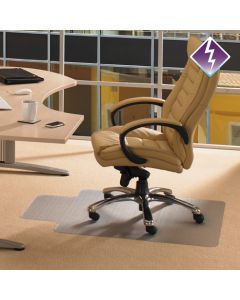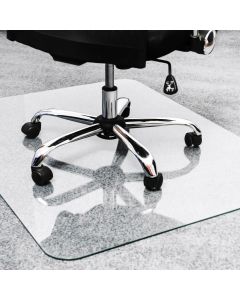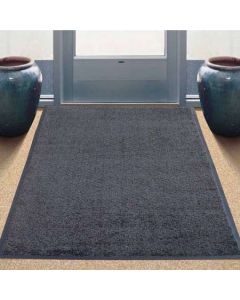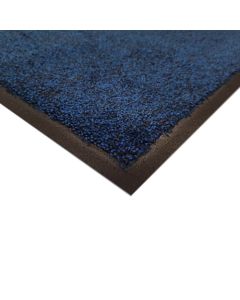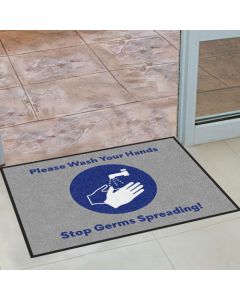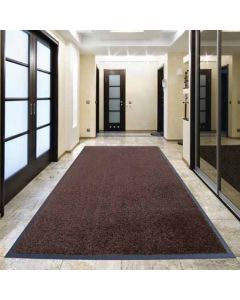Free UK Delivery - Orders above £70
100% Guarantee
Over 30 years experience
- Custom Size3item
- 50cm x 80cm1 item
- 58cm x 89cm1 item
- Cut length: 60cm x 30cm (linear ft approx)1 item
- 60cm x 85cm6item
- 60cm x 90cm1 item
- 60cm x 100cm1 item
- 60cm x 150cm1 item
- 60cm x 200cm1 item
- 60cm x 250cm1 item
- 60cm x 300cm1 item
- 60cm x 350cm1 item
- 60cm x 400cm1 item
- 60cm x 450cm1 item
- 60cm x 500cm1 item
- 60cm x 550cm1 item
- 75cm x 85cm3item
- 61cm x 89cm1 item
- 85cm x 115cm5item
- 85cm x 150cm6item
- 85cm x 300cm3item
- 85cm x 120cm1 item
- 89cm x 114cm1 item
- 89cm x 119cm2item
- 89cm x 147cm1 item
- 89cm x 149cm1 item
- 89cm x 244cm1 item
- 90cm x 100cm1 item
- 90cm x 120cm4item
- 90cm x 150cm1 item
- 90cm x 200cm1 item
- 90cm x 300cm1 item
- 90cm x 400cm1 item
- 90cm x 500cm1 item
- 90cm x 600cm1 item
- 90cm x 700cm1 item
- 90cm x 800cm1 item
- 90cm x 900cm1 item
- 90cm x 1000cm1 item
- 90cm x 1100cm1 item
- 90cm x 1200cm1 item
- 90cm x 1300cm1 item
- 90cm x 1400cm1 item
- 90cm x 1500cm1 item
- 90cm x 1600cm1 item
- 90cm x 1700cm1 item
- 90cm x 1800cm1 item
- 90cm x 1900cm1 item
- 90cm x 2000cm1 item
- 90cm x 2100cm1 item
- 90cm x 2200cm1 item
- 90cm x 2300cm1 item
- 90cm x 2400cm1 item
- 90cm x 2500cm1 item
- Cut length: 91cm x 30cm (linear ft approx)1 item
- 92cm x 121cm1 item
- 114cm x 175cm2item
- 114cm x 244cm1 item
- 114cm x 295cm1 item
- 114cm x 361cm1 item
- 115cm x 180cm4item
- 115cm x 200cm3item
- 115cm x 240cm3item
- 115cm x 300cm3item
- 120cm x 150cm2item
- 120cm x 180cm1 item
- 120cm x 100cm1 item
- 120cm x 200cm1 item
- 120cm x 300cm1 item
- 120cm x 400cm1 item
- 120cm x 500cm1 item
- 120cm x 600cm1 item
- 120cm x 700cm1 item
- 120cm x 800cm1 item
- 120cm x 900cm1 item
- 120cm x 1000cm1 item
- 120cm x 1100cm1 item
- 120cm x 1300cm1 item
- 120cm x 1400cm1 item
- 120cm x 1500cm1 item
- 120cm x 1600cm1 item
- 120cm x 1700cm1 item
- 120cm x 1800cm1 item
- 120cm x 1900cm1 item
- 120cm x 2000cm1 item
- 120cm x 2100cm1 item
- 120cm x 2200cm1 item
- 120cm x 2300cm1 item
- 120cm x 2400cm1 item
- 120cm x 2500cm1 item
- 150cm x 100cm1 item
- 150cm x 150cm1 item
- 150cm x 200cm4item
- 150cm x 240cm3item
- 150cm x 250cm1 item
- 150cm x 300cm4item
- 150cm x 350cm1 item
- 150cm x 400cm1 item
- 150cm x 450cm1 item
- 150cm x 500cm1 item
- 150cm x 550cm1 item
- 178cm x 241cm1 item
- 178cm x 361cm1 item
- 200cm x 200cm2item
- 200cm x 300cm2item
- 120cm x 75cm1 item
- 75cm x 119cm1 item
- 75 x 120cm1 item
- 90 x 120cm1 item
- 50cm x 100cm1 item
- 50cm x 76cm1 item
- 66cm x 90cm1 item
Office Floor Mats - Heavy Duty Floor Mats & Chair Mats
Using office floor mats in your offices will help keep your carpets looking clean and fresh and your hard floors free from scratches and scuffs from everyday wear.
Using floor mats for your office will not only protect your carpets and floors, they can also enhance the appearance of your entranceways and reception areas, by adding a splash of colour and a bit of personality.
Office chair mats will prevent the legs or castor wheels of chairs from damaging your carpets and floors. Anti-static floor mats are also available, which can be used next to printers and photocopiers to guard them against dust and static build up.
What are office floor mats?
Office floor mats are specialised mats designed to enhance comfort, safety, and cleanliness in office environments. They serve various purposes such as preventing slips and falls, reducing fatigue, protecting flooring from damage, and improving the overall aesthetics of the workspace.
What materials are office floor mats made of?
Office floor mats can be made from a variety of materials, depending on the intended use, durability requirements, and design preferences. Common materials used for office floor mats include:
- Rubber: Rubber mats are durable, resistant to slipping, and provide good traction. They are suitable for high-traffic areas and can withstand heavy use.
- Vinyl: Vinyl mats are often used for their affordability and ease of maintenance. They are available in various thicknesses and textures, offering options for both comfort and durability.
- Carpet: Carpet mats provide a more luxurious feel and can enhance the aesthetics of an office space. They are typically made from nylon or polyester fibers and offer comfort underfoot.
- Polypropylene: Polypropylene mats are lightweight, stain-resistant, and suitable for indoor and outdoor use. They are often used in entrance areas to trap dirt and moisture.
- PVC (Polyvinyl Chloride): PVC mats are durable, waterproof, and resistant to chemicals and oils. They are commonly used in industrial or commercial settings where spills and contaminants are a concern.
- Foam: Foam mats provide cushioning and anti-fatigue properties, making them ideal for standing desks or areas where employees may be on their feet for extended periods.
- Eco-friendly materials: With growing environmental concerns, some office floor mats are made from recycled materials such as rubber tires or reclaimed fibres, offering a sustainable option for businesses.
The choice of material depends on factors such as budget, durability requirements, ease of maintenance, and aesthetic preferences.
What types of office floor mats are available?
There are several types of office floor mats available, each designed to serve specific purposes and meet various needs within an office environment. Here are some common types of office floor mats:
- Entrance Mats: These mats are placed at entry points to trap dirt, moisture, and debris from shoes, helping to keep the rest of the office clean. They come in various materials such as rubber, vinyl, and carpet, with options for both indoor and outdoor use.
- Anti-Fatigue Mats: Designed to reduce discomfort and fatigue for employees who stand for extended periods, anti-fatigue mats typically feature cushioning or ergonomic designs that provide support to the feet, legs, and back. They are commonly used at standing workstations or in areas where employees perform tasks that require prolonged standing.
- Chair Mats: Chair mats are placed under desk chairs to protect the floor surface from scratches, scuffs, and indentations caused by chair casters. They are usually made from durable materials like PVC or polycarbonate and come in various shapes and sizes to accommodate different desk configurations.
- Logo Mats: These mats are customised with a company's logo or branding elements and are often placed at entryways or reception areas to create a professional and welcoming impression. Logo mats can be made from materials such as carpet, rubber, or vinyl, depending on the desired look and durability.
- Safety Mats: Safety mats are designed to prevent slips, trips, and falls in the workplace by providing traction in areas prone to wetness or spills. They can be made from rubber, vinyl, or other slip-resistant materials and are commonly used in kitchens, breakrooms, and areas with high moisture levels.
- Modular Interlocking Mats: These versatile mats feature interlocking edges that allow for customizable configurations to fit specific spaces. They are often used in areas that require temporary flooring solutions or where easy installation and reconfiguration are desired.
- Dry Erase Mats: Dry erase mats combine the functionality of a floor mat with the convenience of a writable surface, allowing employees to jot down notes, reminders, or collaborative ideas directly on the mat. They are useful in conference rooms, collaborative workspaces, or areas where brainstorming sessions occur frequently.
These are just a few examples of the types of office floor mats available, and there are many variations and specialty mats tailored to specific needs and preferences within an office environment.
How do office floor mats contribute to safety?
Office floor mats enhance safety by providing traction and stability, reducing the risk of slips, trips, and falls in high-traffic areas. They also absorb moisture and debris, minimising hazards and creating a safer work environment for employees and visitors.
Can office floor mats improve ergonomic comfort?
Yes, anti-fatigue mats are specifically designed to reduce discomfort and fatigue caused by prolonged standing on hard surfaces. By providing cushioning and support to the feet, legs, and lower back, these mats help improve ergonomic comfort and productivity in the workplace.
Are office chair mats necessary?
Office chair mats serve several purposes and can be beneficial in many situations, but whether they are necessary depends on various factors such as the type of flooring in the office, the type of chair used, and the specific needs of the workspace. Here are some reasons why office chair mats are commonly used and when they might be considered necessary:
- Floor Protection: Chair mats provide a protective barrier between office chairs with casters and the flooring surface. They help prevent scratches, scuffs, and indentations that can occur over time, especially on hardwood floors, laminate, vinyl, or carpeting with low piles.
- Ease of Movement: Chair mats create a smooth surface for office chairs to roll on, making it easier for employees to move around their workspace without exerting extra effort or causing strain on the chair's casters.
- Reduced Wear and Tear: By reducing friction and wear on the flooring surface, chair mats can extend the lifespan of both the floor and the chair casters, potentially saving money on maintenance and replacement costs in the long run.
- Improved Ergonomics: Chair mats with ergonomic features, such as anti-fatigue cushioning or ergonomic designs, can provide additional support and comfort for employees who spend long hours seated at their desks.
- Noise Reduction: Chair mats can help dampen noise caused by the movement of office chairs, creating a quieter and more comfortable working environment, especially in open office layouts or shared workspaces.
While chair mats offer these benefits, they may not be necessary in all office environments. For example, in offices with carpeted floors with high piles or industrial-grade carpeting designed to withstand heavy use, chair mats may be less essential. Similarly, in offices where employees use stationary chairs or have desks with built-in glides, chair mats may not be needed.
Ultimately, the decision to use office chair mats depends on factors such as the type of flooring, the type of chair, budget considerations, and the specific requirements of the workspace in terms of floor protection, mobility, and comfort.
What are office chair mats made of?
Office chair mats are typically made from a variety of materials, each offering different characteristics and benefits. Some common materials used in the manufacturing of office chair mats include:
- Polycarbonate: Chair mats made from polycarbonate are known for their high durability, clarity, and resistance to cracking, curling, and discoloration. They are suitable for use on both hard floors and carpets and provide a smooth surface for chair casters to roll on.
- PVC (Polyvinyl Chloride): PVC chair mats are affordable and widely used. They offer protection for both hard floors and carpets, but they may not be as durable as polycarbonate mats and can be prone to cracking or discoloration over time.
- Vinyl: Vinyl chair mats are similar to PVC mats in terms of affordability and versatility. They are available in various thicknesses and can provide protection for both hard floors and carpets. However, like PVC mats, they may not offer the same level of durability as polycarbonate mats.
- Bamboo: Bamboo chair mats are an eco-friendly option made from renewable materials. They offer a stylish and sustainable alternative to traditional plastic mats and provide protection for hard floors while adding a touch of natural beauty to the workspace.
- Rubber: Rubber chair mats are durable, slip-resistant, and suitable for use on hard floors. They provide excellent traction for chair casters and can help prevent slips and falls in the workplace.
- Glass: Glass chair mats offer a sleek and modern look while providing protection for hard floors. They are highly durable and scratch-resistant, but they can be heavy and may not be suitable for use on carpets or uneven surfaces.
The choice of material for an office chair mat depends on factors such as the type of flooring in the office, the level of durability required, aesthetic preferences, and budget considerations. It's essential to select a chair mat material that best meets the specific needs of the workspace to ensure long-lasting protection and functionality.
Are office chair mats compatible with all types of flooring?
Office chair mats are not universally compatible with all types of flooring. Different chair mat materials and designs are better suited for specific types of flooring, and using the wrong type of chair mat can potentially damage the floor or compromise the mat's effectiveness. Here's a breakdown of chair mat compatibility with common types of flooring:
Hard Floors (e.g., Hardwood, Tile, Laminate):
- Chair mats designed for hard floors typically have a smooth, non-textured surface to provide easy mobility for office chairs.
- Materials such as polycarbonate, PVC, vinyl, and glass are suitable for protecting hard floors from scratches, scuffs, and indentations caused by chair casters.
- It's important to choose a chair mat specifically labelled for hard floors to ensure proper protection without causing damage.
Carpeted Floors:
- Chair mats designed for use on carpeted floors usually feature cleats or grippers on the underside to prevent slipping and provide stability on the carpet surface.
- Materials such as PVC, vinyl, and polycarbonate are commonly used for carpet chair mats.
- The thickness and density of the carpet should be considered when selecting a chair mat to ensure compatibility and prevent the mat from sinking or buckling.
High Pile Carpet:
- High pile carpeting requires chair mats specifically designed to accommodate the deeper pile and provide sufficient support for chair casters.
- Chair mats with longer cleats or grippers are typically recommended for high pile carpet to ensure stability and prevent the mat from shifting.
Low Pile Carpet:
- Chair mats designed for low pile carpet are generally suitable for most standard carpeted office environments.
- The chair mat should have adequate cleats or grippers to prevent slipping and provide a stable surface for chair movement.
Commercial-Grade Carpet:
- Some office environments feature commercial-grade carpeting with dense fibers and tight loops, requiring chair mats designed to withstand heavy use without damaging the carpet.
- Chair mats made from durable materials such as polycarbonate or reinforced PVC are often recommended for commercial-grade carpeting.
Before purchasing a chair mat, it's essential to consider the specific type of flooring in the office and choose a chair mat designed to provide optimal protection and performance on that surface. Using an incompatible chair mat may result in slipping, sliding, or damage to the floor or the mat itself.
How do I choose the right office chair mat?
Choosing the right office chair mat involves considering several factors to ensure compatibility with your office environment and flooring type. Here are some steps to help you select the appropriate chair mat:
- Identify Flooring Type: Determine whether your office has hard floors (e.g., hardwood, tile, laminate) or carpeted floors (e.g., low pile, high pile, commercial-grade). Chair mats are designed specifically for different types of flooring, so this will be a crucial factor in your decision.
- Consider Chair Type: Take into account the type of office chairs used in your workspace. Standard office chairs with casters require chair mats with smooth surfaces for easy mobility, while stationary chairs may not require a chair mat at all.
- Measure Your Workspace: Measure the area where you intend to place the chair mat, considering both the size of the workspace and the dimensions of your desk or workstation. Chair mats come in various shapes and sizes, so choose one that provides adequate coverage and allows for comfortable movement.
- Thickness: Chair mats come in different thicknesses, with thicker mats providing more cushioning and support. Consider the thickness of the chair mat based on your preference for comfort and the level of protection needed for your flooring.
- Material: Select a chair mat material that is compatible with your flooring type and offers the desired level of durability and performance. Common materials include polycarbonate, PVC, vinyl, and glass, each with its own advantages and considerations.
- Features: Decide if you need any additional features in your chair mat, such as anti-static properties, anti-fatigue cushioning, or eco-friendly materials. These features can enhance comfort, performance, and sustainability, depending on your specific needs.
- Budget: Determine your budget for the chair mat purchase. Prices can vary based on the material, size, thickness, and additional features of the chair mat. Choose a chair mat that offers the best value while meeting your requirements.
- Read Reviews: Before making a final decision, read reviews from other users to learn about their experiences with different chair mats. Look for feedback on durability, performance, and compatibility with specific flooring types.
By considering these factors and taking the time to research your options, you can choose the right office chair mat that provides effective floor protection, enhances mobility and comfort, and meets the needs of your workspace.
Are office floor mats easy to clean and maintain?
Office floor mats can vary in terms of ease of cleaning and maintenance, depending on factors such as the material they're made from and the level of dirt and debris they encounter. Here's a general overview of the cleaning and maintenance requirements for different types of office floor mats:
- Rubber Mats: Rubber mats are typically easy to clean and maintain. They can be vacuumed or swept regularly to remove dust and debris. For deeper cleaning, they can be washed with mild soap and water and rinsed thoroughly. Some rubber mats may be resistant to chemicals and oils, making them suitable for use in industrial or commercial settings where spills are common.
- Vinyl Mats: Vinyl mats are also relatively easy to clean. They can be wiped down with a damp cloth or sponge and mild detergent to remove surface dirt and stains. For more thorough cleaning, they can be washed with soap and water and dried completely before placing them back on the floor.
- Carpet Mats: Carpet mats require more maintenance than rubber or vinyl mats, especially if they're placed in high-traffic areas. Regular vacuuming helps remove dirt, dust, and debris trapped in the carpet fibres. For deeper cleaning, carpet mats can be shampooed or steam cleaned using carpet cleaning solutions. Stains should be treated promptly with appropriate carpet stain removers.
- Polypropylene Mats: Polypropylene mats are often used as entrance mats to trap dirt and moisture from shoes. They can be vacuumed or shaken out regularly to remove loose dirt and debris. For deeper cleaning, they can be hosed down with water and mild detergent and left to air dry.
- Specialty Mats (e.g., Anti-fatigue, Logo Mats): Specialty mats may have specific cleaning and maintenance requirements based on their design and materials. It's essential to follow the Mats4U instructions for cleaning and care to ensure optimal performance and longevity.
Regardless of the type of floor mat, regular maintenance is key to keeping them clean and prolonging their lifespan. Promptly addressing spills and stains, removing debris, and cleaning mats as needed will help maintain a clean and safe working environment in the office.
How can office floor mats be ordered from Mats4U?
Ordering office floor mats from Mats4U is a seamless and hassle-free experience. When it comes to office floor mats, you have two convenient options for placing an order.
Firstly, find the item you would like to purchase, where you can specify the size, colour, and any additional details required in order for you to proceed to the checkout process. Alternatively, if you prefer a more direct approach, you can give our sales team a call and provide them with all the necessary information.
We understand that sometimes time is of the essence. If you're in a hurry to receive your office floor mats, feel free to reach out to our team by calling 0121 313 6748 or emailing [email protected]. We are committed to working with you to meet your target delivery date. Furthermore, we offer free delivery within the UK, and for international customers, we have convenient delivery options.
Contact us today, and our team will be delighted to assist you in selecting the perfect, high-quality office floor mats to meet your specific needs. You can visit our Contact us page or, during UK office hours, utilise our Live Chat to connect with our office floor mat experts promptly.

